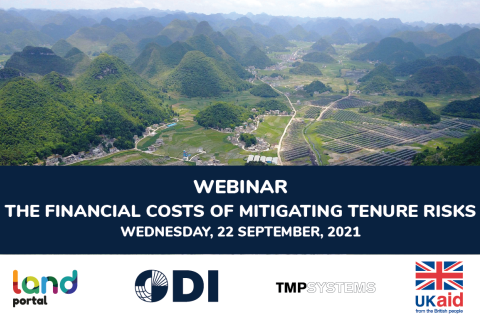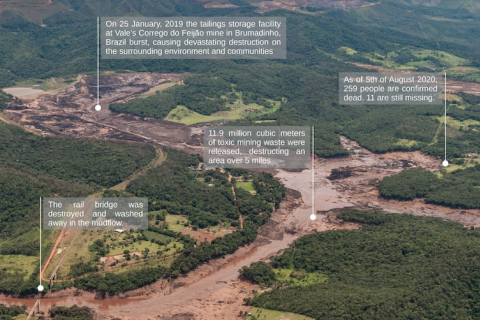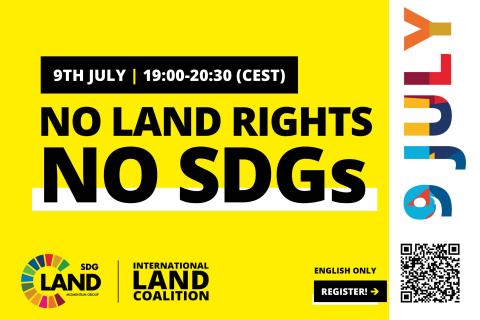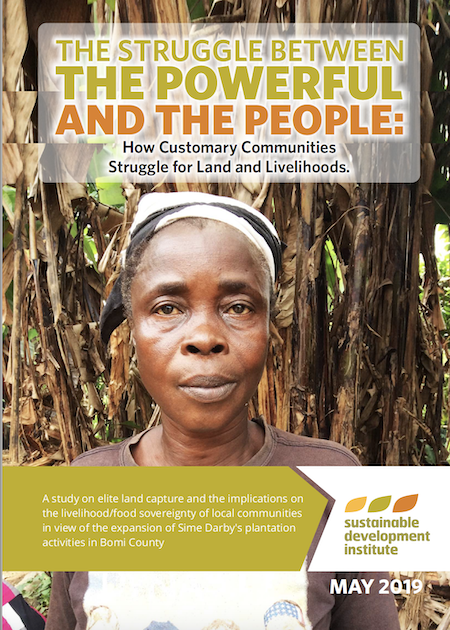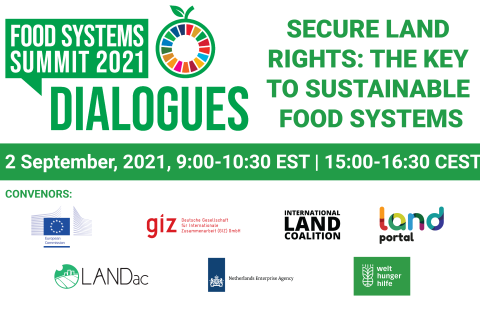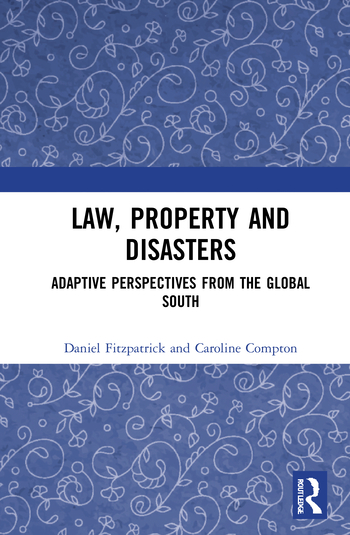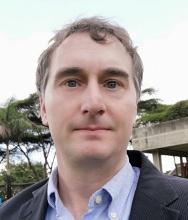
Topics and Regions
Neil Sorensen joined the Land Portal as its Communications Specialist in October 2015. He has extensive experience leading communications for international organizations and developing relationships with civil society, donors, intergovernmental agencies, the media and the private sector. Previously, Neil worked for the International Fund for Agriculture Development (IFAD) as a Governing Bodies Officer and Strategic Adviser to the Secretary of IFAD. He has also led communications for three international organizations, including the International Land Coalition, the International Federation of Agricultural Producers (IFAP) and the International Federation of Organic Agriculture Movements (IFOAM). He holds a Master’s degree in Global Diplomacy from the University of London School of Oriental and African Studies (SOAS) as well as a Bachelor’s degree with a double major in German and Sociology from St. Cloud State University.
Details
Location
Contributions
Displaying 311 - 320 of 1156Webinar: The Financial Costs of Mitigating Tenure Risks
The webinar Financial Costs of Mitigating Tenure Risks, organized by the Land Portal Foundation, the Overseas Development Institute (ODI), TMP Systems and the UK’s Foreign, Commonwealth & Development Office, took place on Wednesday, September 22nd, 2021.
The DIONE Toolbox - Innovative technologies for agricultural monitoring
Being developed within an EU-funded project, DIONE Toolbox is a solution that allows European Paying Agencies to comply with the Modernised CAP regulations while conducting an environmental performance evaluation of greening at a national or regional level, depending on the agency's jurisdiction. Beside Paying Agencies as a key beneficiaries, the DIONE Toolbox is designed to fulfil the requirements of smart agricultural monitoring provided by Certification & Control Bodies, as well.
New Geographies of Climate Vulnerability
Mining in the context of climate of climate change brings new challenges to the industry and exacerbates already existing sustainability problems. This Datastory highlights some of these tensions while pointing towards emerging best practice. The findings are based on document analysis and semi-structure structured interviews with corporate representatives from the 37 largest mining companies in the world.
No Land Rights - No SDGs
Secure land tenure is a tool of empowerment. It leads to productive land investments, increased autonomy to make decisions over land by women, men and communities contributing to higher incomes. The co-relationship between secure land tenure and increased food production is central to tackle hunger.
Landlessness and the Future of the Commons
This webinar begins at 2:30 pm GMT (4:30 pm Western Europe time, 11:30 am Brazilian time, 8:00 pm IST) on zoom, with live translations in English, French, Spanish and Portuguese.
The Struggle between the Powerful and the People
In November 2018, the Sustainable Development Institute (SDI) commissioned field-based research on privately owned monoculture plantations across Bomi County, Liberia. The study sought to identify and provide a broader understanding on the nature and implications of privately owned land holdings on the livelihood/food sovereignty of local communities in view of the expansion of Sime Darby's plantation activities. The research is aligned with promoting SDI's approach on community rights and food security with good governance in forest and climate
Secure Land Rights: The Key To Sustainable Food Systems
Securing land rights is critical for realizing sustainable food systems that provide food security and overcome poverty. Security of property rights is central to preserving livelihoods, maintaining social stability, and increasing incentives for investment and for sustainable, productive land use.
Law, Property and Disasters
This book re-considers property law for a future of environmental disruption.
Women and Community Land Rights: Investing in Local Champions
For more than five years, the Women’s Land Tenure Security (WOLTS) Project has been investigating the intersection of gender and land relations in mining-affected pastoralist communities in Mongolia and Tanzania. The aim has been to develop a methodology for long-term community engagement and capacity building to protect and support the land rights of all vulnerable people – thus to fully mainstream attention to gender equity in land tenure governance within a framework that would facilitate improvements in community land rights across the board.

